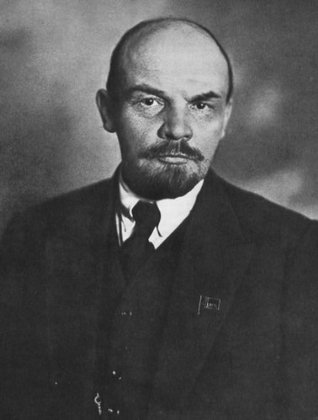More on this book
Community
Kindle Notes & Highlights
Read between
February 1 - March 13, 2020
After their death, attempts are made to convert them into harmless icons, to canonize them, so to say, and to hallow their names to a certain extent for the “consolation” of the oppressed classes and with the object of duping the latter, while at the same time robbing the revolutionary theory of its substance, blunting its revolutionary edge and vulgarizing it.
The state arises where, when and insofar as class antagonism objectively cannot be reconciled. And, conversely, the existence of the state proves that the class antagonisms are irreconcilable.
According to Marx, the state is an organ of class rule, an organ for the oppression of one class by another; it is the creation of “order”, which legalizes and perpetuates this oppression by moderating the conflict between classes.
What does this power mainly consist of? It consists of special bodies of armed men having prisons, etc., at their command.
In a democratic republic, Engels continues, “wealth exercises its power indirectly, but all the more surely", first, by means of the “direct corruption of officials” (America); secondly, by means of an “alliance of the government and the Stock Exchange" (France and America).
A democratic republic is the best possible political shell for capitalism, and, therefore, once capital has gained possession of this very best shell (through the Palchinskys, Chernovs, Tseretelis and Co.), it establishes its power so securely, so firmly, that no change of persons, institutions or parties in the bourgeois democratic republic can shake it.
This is precisely what is meant by “abolition of the state as state". This is precisely the “act” of taking possession of the means of production in the name of society. And it is self evident that such a replacement of one (bourgeois) “special force” by another (proletarian) “special force” cannot possibly take place in the form of “withering away".
The “free people's state” was a programme demand and a catchword current among the German Social Democrats in the seventies. This catchword is devoid of all political content except that it describes the concept of democracy in a pompous philistine fashion.
The proletariat needs the state — this is repeated by all the opportunists, social chauvinists and Kautskyites, who assure us that this is what Marx taught. But they “forget” to add that, in the first place, according to Marx, the proletariat needs only a state which is withering away, i.e., a state so constituted that it begins to wither away immediately, and cannot but wither away. And, secondly, the working people need a "state, i.e., the proletariat organized as the ruling class".


